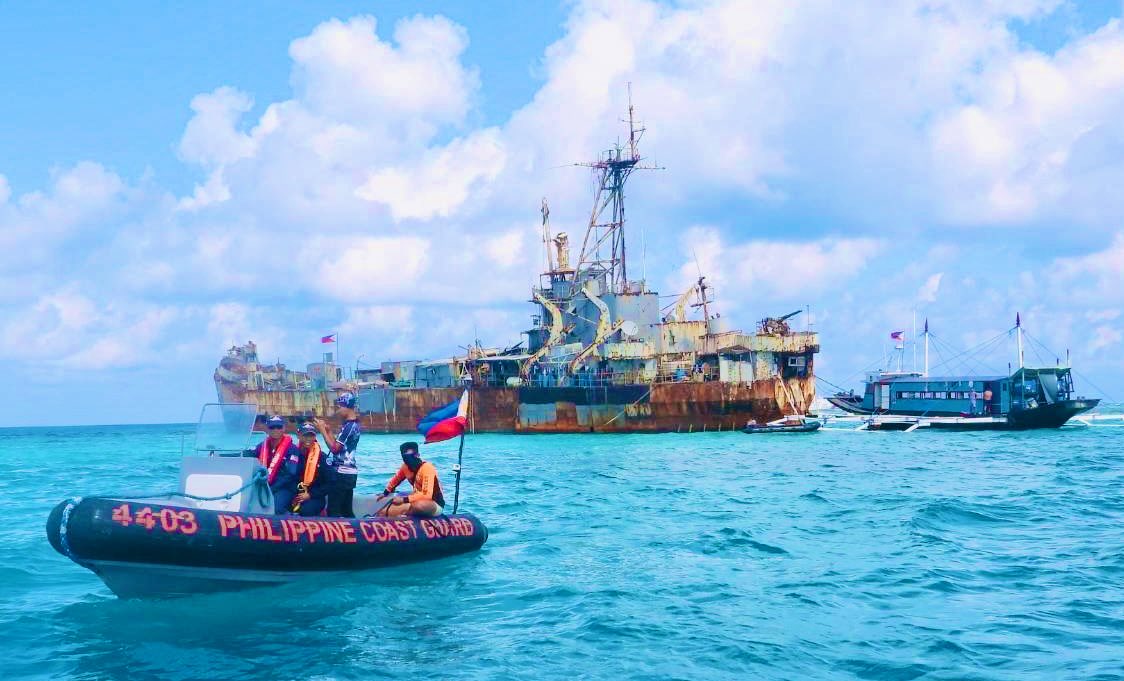Germany’s foreign minister Johann Wadephul criticizes China’s “aggressive stance” in the Taiwan Strait and in the East and South China Seas and stresses the need for internationally binding rules.
The foreign minister issued a sharp critique of China’s actions in the Taiwan Strait on Sunday. Prior to his departure for Japan, Wadephul pointed to China’s “aggressive stance” and praised Japan’s solidarity with Europe over Ukraine.
This is his first trip to the Asian country since he became foreign minister in May, taking over from his predecessor Annalena Baerbock.
During the first “strategic dialogue” between the two nations, Wadephul and his Japanese counterpart Takeshi Iwaya agreed at a meeting in Tokyo to work closely together within the G7 and advocate for a rules-based international order, the German Foreign Office said.
His ministry also published a separate statement from Wadephul on Sunday in which he expressed concern about China.
“China’s increasingly aggressive stance in the Taiwan Strait and in the East and South China Seas also has consequences for us in Europe: basic rules of global cooperation are at stake here. We are countering this together through our commitment to an international order based on the strength of the law and on binding rules for all,” the minister said.
“What happens in the Indo-Pacific will be crucial in determining how secure the freedom of shipping routes, global supply chains and thus the economic development of the entire world will remain. This is of outstanding importance for major exporting economies such as Germany and Japan – but also for our emerging partners in the ASEAN region, such as Indonesia.”
During the talks in Japan, the minister for foreign affairs of Japan Iwaya Takeshi stated that the Euro-Atlantic and Indo-Pacific have become increasingly inseparable, and welcomed Germany’s continued engagement in the Indo-Pacific region through asset deployment and other efforts.
After his visit to Japan, foreign minister Wadephul will travel on to Indonesia. Following ten years of negotiations, the EU and Indonesia only recently agreed on a free trade agreement, which is expected to be signed in the autumn. Many German companies are already successfully investing in Indonesia.



